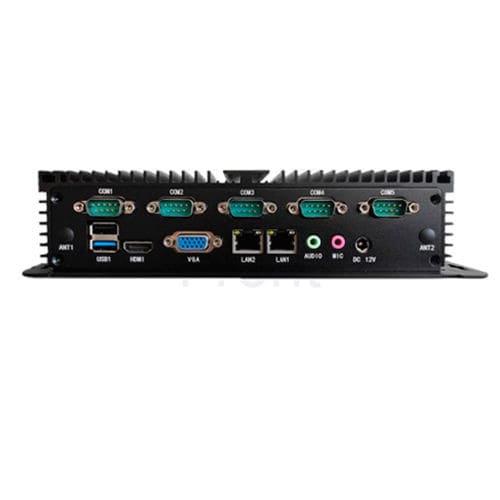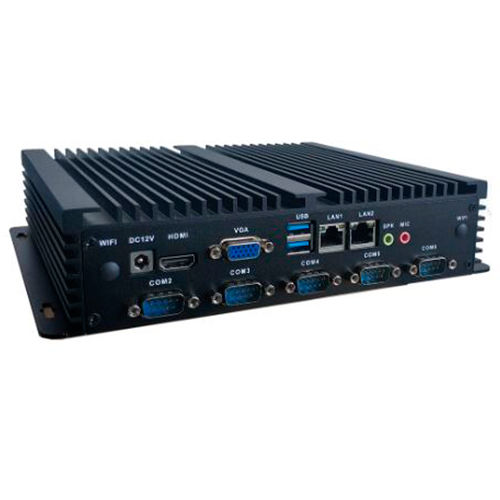
#Industry News
Advantages of an Industrial PC over a desktop computer
Industrial PCs are best suited for sectors such as mining, construction or agriculture.
More and more companies and industries are opting to buy industrial computers instead of traditional desktop PCs.
Perhaps you are now in the position of deciding whether to buy an industrial PC or a desktop computer for your company, industry or factory. Perhaps you are wondering what are the differences between one type of computer and the other? What advantages does an industrial computer have over a commercial or desktop computer?
In this post we will try to answer these questions, to help you make the best decision that really suits the needs of your company or sector.
Industrial computer vs Desktop computer
We are going to list the main advantages that industrial computers have over desktop computers.
- Rugged design: Industrial PCs are designed to work in extreme conditions either because of unfavourable environmental conditions (very high or very low temperatures, rain, dust, shocks, vibrations, humidity, grease, ...) or workload (they have to be working 24 hours a day, seven days a week, processing large volumes of information ...). On the other hand, desktop PCs should avoid exposure to high temperatures or contact with water or other liquids.
- Longevity: Industrial PCs tend to have a longer life cycle than desktop PCs, as they allow a wide range of possibilities for configuration and integration of hardware components as well as software upgrades, so their life cycle can be 10 years or more.
Customisation: Each sector, each industry or each workplace needs a computer with specific characteristics. Industrial PCs make it possible to change and/or extend their features to adapt them to the specific needs of each company, sector or industry. However, desktop computers do not allow us to modify the components that come as standard.
- Variety of sizes: Industrial PCs can be very small in size, or they can be very large if they have to contain several hard disks. This option is not offered by a desktop PC.
- IP rating: IP ratings refer to the international standard EN 60529, and specify the levels of protection that an electronic equipment, in this case, an industrial computer, has against the entry of particles or foreign materials such as dust, grease or water. Desktop PCs do not have this classification.
Now that you know the main differences between an industrial computer and a non-industrial computer, as well as the advantages offered by industrial PCs compared to desktop computers, you can make the decision that best suits the needs of your company, factory or sector.
At EOS ibérica we have a wide range of industrial computers. We invite you to visit our industrial components section.







